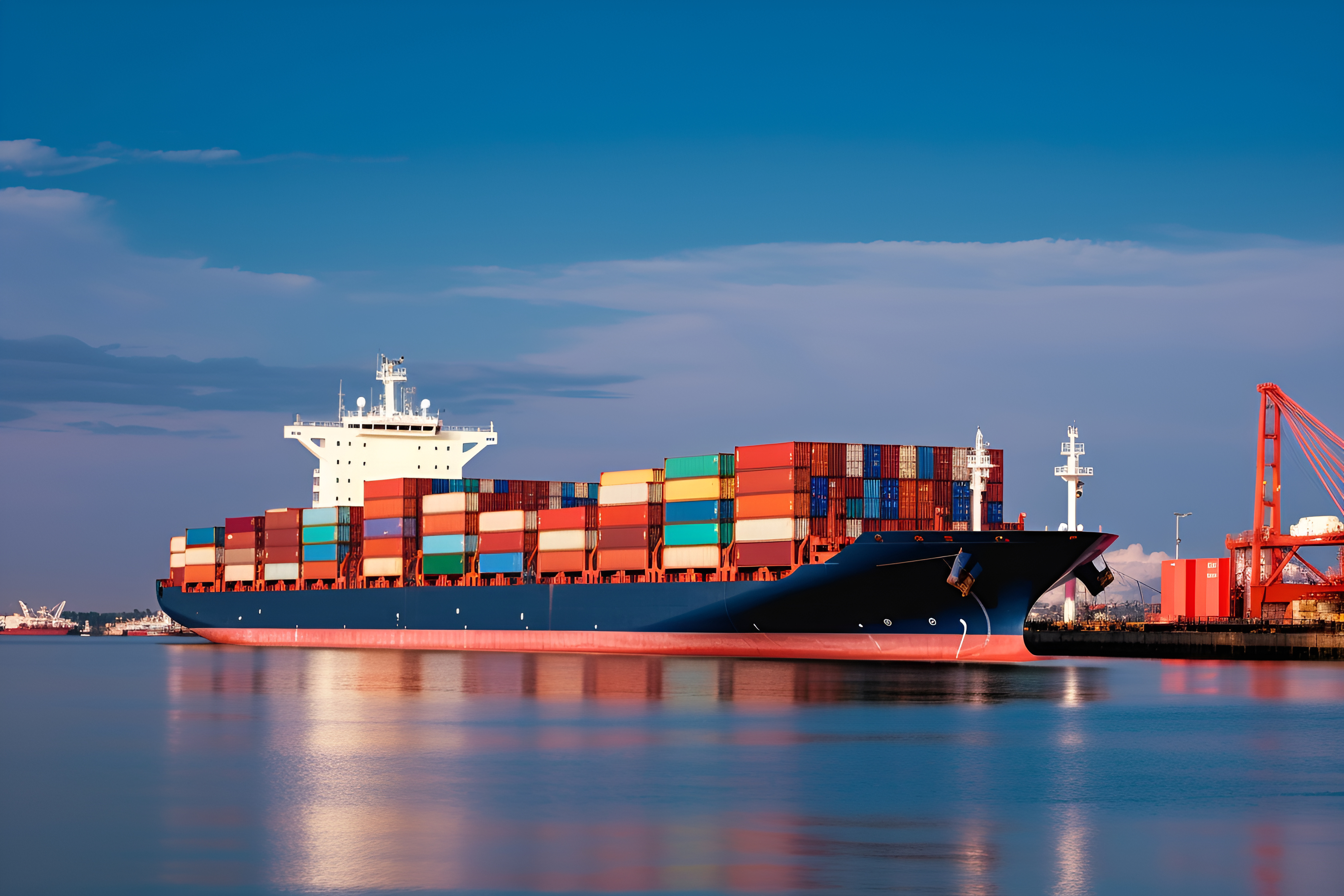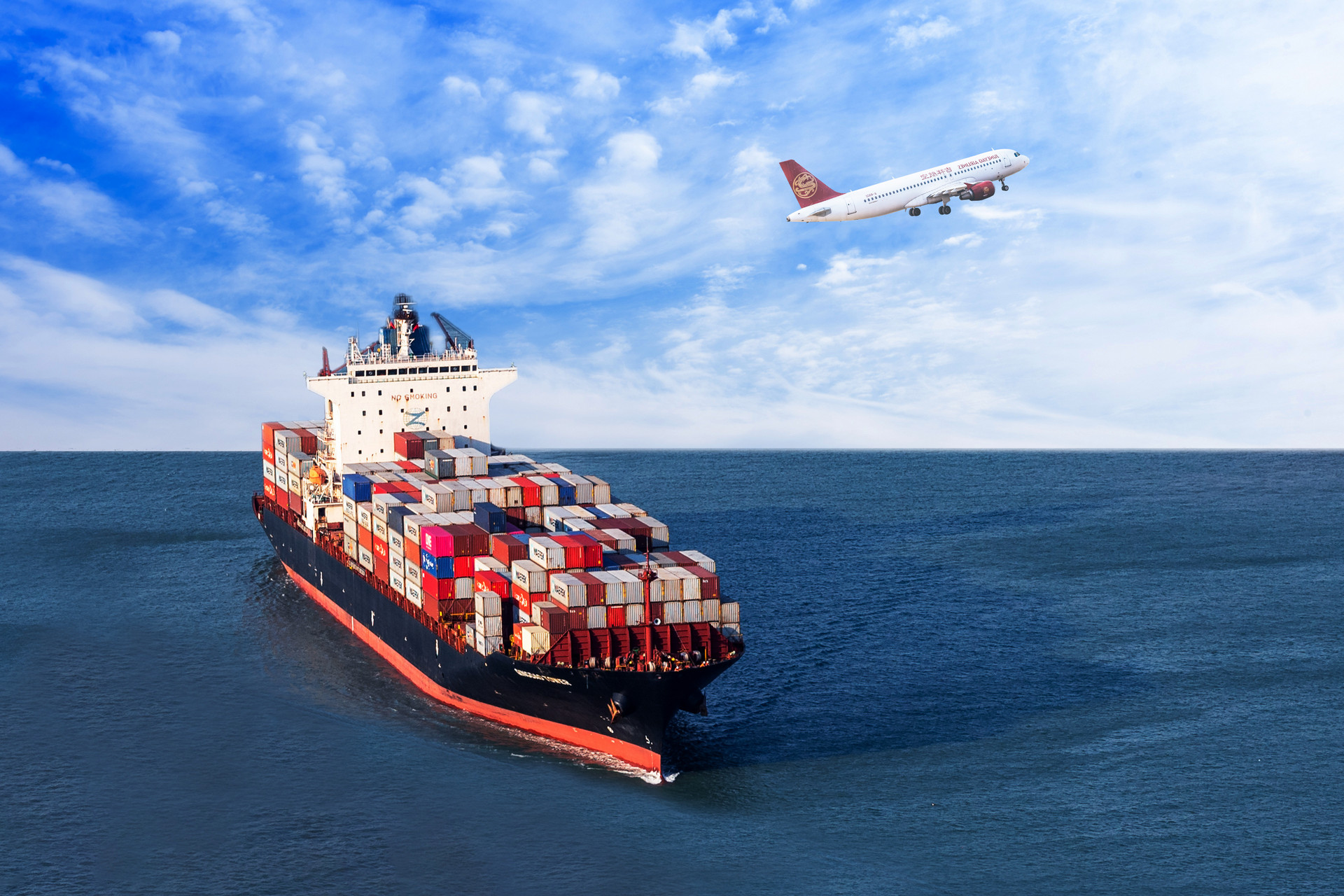In sea freight, Less than Container Load (LCL) and Full Container Load (FCL) are two common modes of cargo transportation. They each have their own characteristics and applicable scenarios, and the following are their main differences:
1. Less than Container Load (LCL)
Definition: LCL refers to the method of transporting goods from multiple shippers in one container. When the quantity of goods is not enough to fill a container, the goods of multiple shippers will be assembled and transported together.
Applicable situation:
When the quantity of goods is not enough to fill a container (for example, small batches of goods).
For frequent but small batch orders, LCL can reduce transportation costs.
cost:
Calculate the cost based on the volume (cubic meters) or weight (tons) of the goods. The cost usually includes loading and unloading fees, storage fees, and transportation fees.
advantage:
Low cost: suitable for small batches of goods, reducing the transportation cost of empty containers.
Flexibility: The shipment can be arranged flexibly according to the actual situation of the goods, without waiting until the quantity of goods is large enough to ship.
Disadvantages:
Long time: Due to the need to consolidate goods from multiple shippers, the processing time for LCL is relatively long.
Complex cargo handling: requires transshipment and splitting, which may increase the complexity of cargo handling and management.
2. Full Container Load (FCL)
Definition: FCL refers to a situation where a shipper's goods are fully loaded into a container, which is specifically designed for the shipper's use.
Applicable situation:
When the cargo volume is sufficient to fill a container.
For large quantities of orders, FCL can provide higher transportation efficiency.
cost:
Usually calculated based on the cost of the entire container, the cost includes transportation fees, insurance fees, loading and unloading fees, and other related expenses.
advantage:
Fast transportation speed: Due to being a specialized container, the transportation time for a full container is usually faster than that of LCL.
High safety: The goods will not be mixed with those of other shippers, reducing the risk of damage or loss of goods.
Easy to operate: reduces the process of transfer and splitting, making the operation more convenient.
Disadvantages:
High cost: For small batches of goods, the cost of full container load may be higher than LCL, because even if the quantity of goods is insufficient, the cost of full container load still needs to be paid.
A larger cargo volume is required: Only when the cargo volume is large enough, the whole container will be more economical.

summary
LCL (Less than Container Load): Suitable for small batches of goods that are not enough to fill a container. The cost is calculated based on volume or weight, with longer transportation time and more complex handling.
FCL (Full Container Load): Suitable for large quantities of goods that can fill a container. The cost is for full container load, with fast transportation time and high safety, but the cost is relatively high.
The choice between LCL or FCL depends on the quantity of goods, transportation costs, and time requirements.










